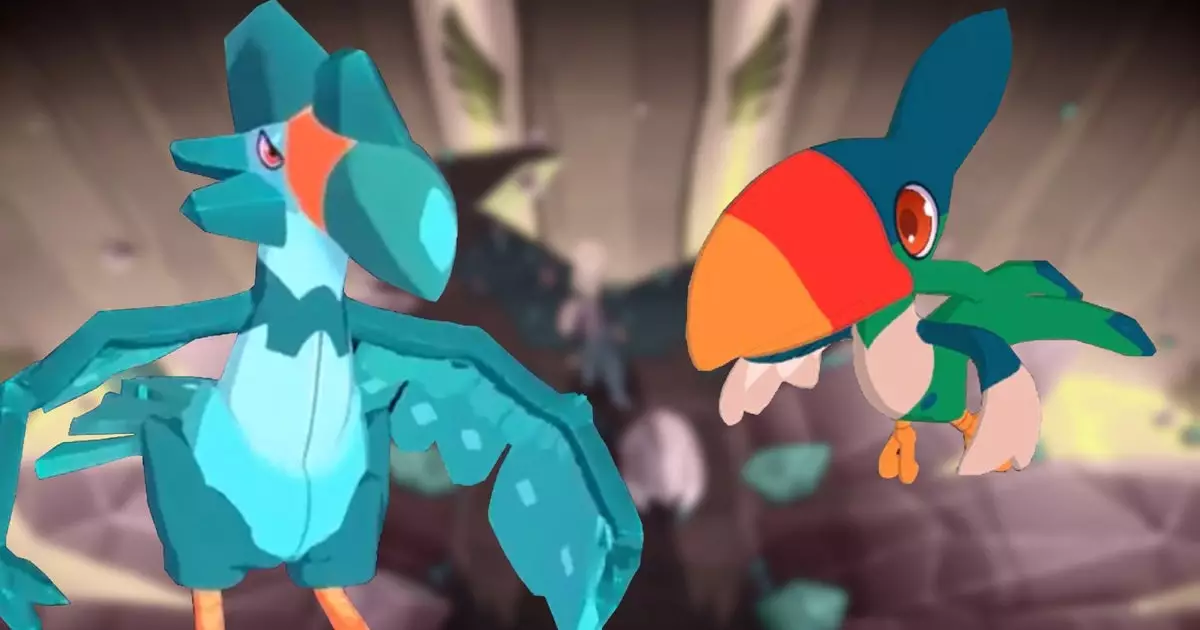In a troubling turn of events earlier this year, Ziff Davis announced the layoff of all 36 employees at Humble Games amid challenging economic conditions for indie game publishing. The decision sent shockwaves through the indie game community, raising concerns about the sustainability of companies reliant on smaller development teams. The hard truth that indie developers faced—struggling to grapple with market viability—became more pronounced as the future of Humble Games hung in the balance.
Amidst the chaos, however, a new opportunity emerged. Former General Manager Alan Patmore and Vice President of Global Publishing Mark Nash quickly pivoted to establish Good Games Group (GGG), an indie publishing firm committed to preserving the essence of what made Humble Games successful. This entrepreneurial venture has revived hope for many indie developers who once found a nurturing environment under the Humble banner.
A New Partnership and a Familiar Mission
Immediate impacts were felt as Good Games Group announced its alignment with Ziff Davis once again, setting a path focused on supporting pre-existing games developed during the Humble days. Patmore astutely noted on their new website that this partnership enables them to maintain relationships with indie developers while simultaneously pursuing innovative strategies for future projects. This development not only fosters continuity for established titles but also reassures developers that GGG values the relationships nurtured at Humble Games.
Furthermore, while GGG may be charting new territories, they have also inherited numerous projects previously managed by Humble, including the widely acclaimed titles “Carto,” “Temtem,” and “Midnight Fight Express.” Such iconic indie games are now part of GGG’s expanding portfolio, which is a testimony to the continuity and ongoing investment in indie creativity.
Industry Acknowledgment and Reflection
The narrative surrounding Humble Games’ closing serves as a reminder of the vulnerability of the indie game scene. A leaked audio recording revealed Ziff Davis’ attempts to sell Humble Bundle publishing, highlighting a lack of interest in the acquisition of an indie-focused enterprise. Such admissions illustrated a pivotal moment where the fragility of the market dynamics met corporate strategy, consequently shaking the faith of developers invested in these platforms.
Echoing this sentiment, the developers of “Signalis” voiced their dismay following the closure of their publishing partner, emphasizing the gravity and personal relationships nurtured during their collaborations with laid-off team members. The heartfelt responses from community members underline the significance of not just business relationships, but real human connections forged in a demanding industry.
While the initial response to the Humble Games restructuring was one of devastation and uncertainty, the emergence of Good Games Group signals a potential revival for indie publishing. With an experienced team at the helm, GGG is ambitiously working to both honor past collaborations and pave the way for new partnerships. The indie gaming community watches closely, hoping that this new initiative will facilitate a resurgence in creativity and opportunities for independent developers who help to shape the gaming landscape. As Good Games Group begins its journey, the strength of its foundation built on collaboration, resilience, and innovation may very well lead to a thriving environment for tomorrow’s indie game pioneers.


Leave a Reply